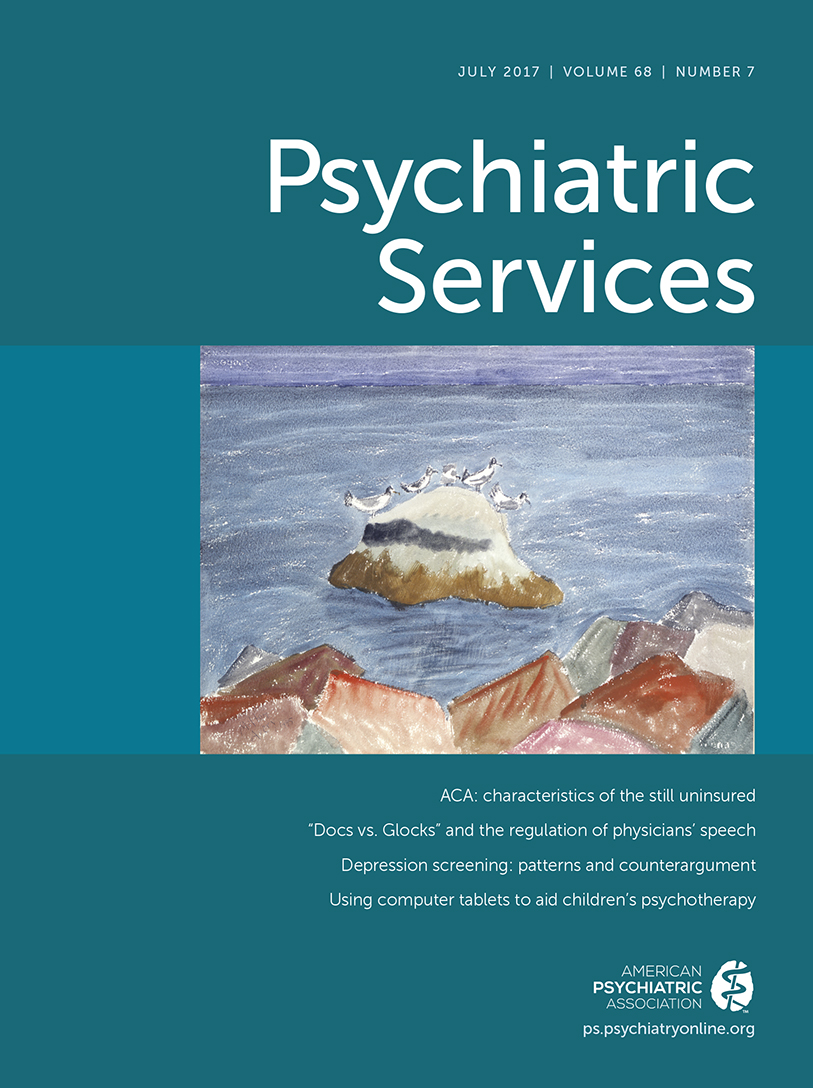Sustaining Housing First After a Successful Research Demonstration Trial: Lessons Learned in a Large Urban Center
Abstract
Objectives:
This study aimed to identify challenges and facilitators of sustaining a Housing First intervention at the conclusion of a research demonstration project in Toronto.
Methods:
This qualitative study included key informant interviews with organizational leaders (N=13) and focus groups with service team members (N=14) and program participants (N=9) of the At Home/Chez Soi Research Demonstration Project. Thematic analysis was used to identify key themes related to sustainability of Housing First beyond the demonstration phase.
Results:
Factors that helped secure long-term funding support for Housing First included the positive findings of a rigorous evaluation, early stakeholder engagement, and strong local leadership. Reduced funding, poor intersectoral integration, and lack of central oversight threatened fidelity to the evidence-based model and challenged sustainability.
Conclusions:
Evidence-based complex interventions such as Housing First require robust intersectoral collaboration and flexible systems for funding and monitoring to ensure continuing model fidelity and responsiveness to changing contexts.




